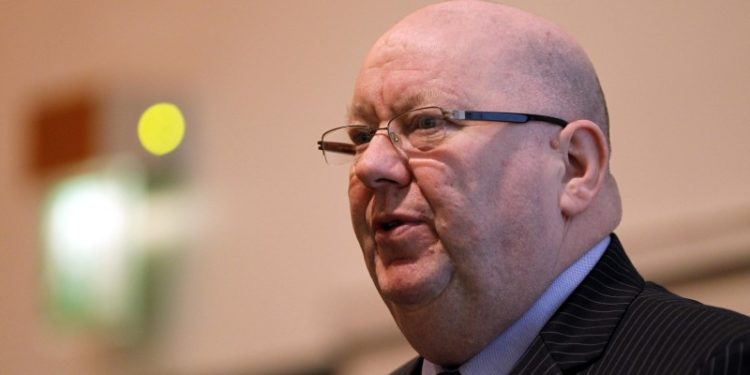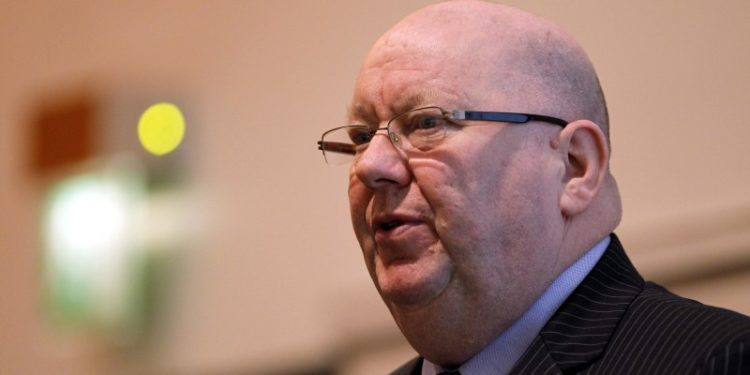Liverpool left with £44m black hole after the Government slashes coronavirus support by 32% with other city region boroughs also left short-changed. Tony McDonough reports

Liverpool Mayor Joe Anderson claims “lives are at risk” after the Government slashed the city’s coronavirus emergency funding by 32%.
The announcement, made by Ministry of Housing, Communities and Local Government (MHCLG), shows that after this second round of funding the city has now received £34m – despite spending £78m to cope with the pandemic. This leaves the city with a £44m gap.
At Liverpool city region Metro Mayor Steve Rotheram said the shortfall in funding was going to hit all of the six boroughs that form the Combined Authority. He said Knowsley alone, the borough that is the second most deprived in the country, was facing a 39% cut compared to the first allocation.
From both allocations, the six councils have received £102m, which is less than half of the £239m which they estimate they will need to cope with the impact of COVID-19 over just the next six months.
Liverpool City Council has set up food hubs, ordered new batches of PPE, provided thousands of meal vouchers, housed the city’s rough sleepers and established 50 school hubs. And, with a huge loss in business rates expected with the closure of thousands of businesses, it expects that gap to rise significantly over the coming months.
The £44m shortfall is more than double what the council has in its reserves – at £17m – and follows a decade of austerity which has seen the council lose 61%, or £433m, of its Government funding.
As a result the Mayor has instructed the council’s chief finance officer to establish an emergency budget meeting in June as the council’s planned £30m cut to its annual budget has been “left in tatters” as result of the financial impact of Covid-19.
He has also challenged the Government’s funding, which has been based on population count as opposed to whether areas actually need extra support. This is a different approach to the first round of funding that recognised the pressures individual areas were facing.
Mayor Anderson said: “This new round of funding to councils should be based on need – supporting those towns and cities where Covid-19 is creating the most strain in protecting life and where there is the greatest economic pain.
“To provide funding for this pandemic based on size of population is such a woefully simplistic approach and leaves cities like ours on a huge cliff edge – whilst smaller, leafier places receive relatively huge sums that bear no relation to the problems we face.

“The simple question now is do we have the money to protect the most vulnerable, the thousands of families on the poverty line, the thousands more who have been pushed below it and those on our streets and in care homes. Not just in the coming weeks and months but for the next few years.
“This proposed settlement is scandalous. It falls way short of what is required and I urge the Government to urgently reconsider the funding allocation. They need to provide the support we really need to tackle the crisis now – and to recover from it.”
In a joint response to the Government, the six leaders of Liverpool, Wirral, Sefton, Knowsley, St Helens and Halton, as well as Mr Rotheram, challenged the population count methodology. The Combined Authority is also losing around £1.2m a week – £62m over a year – and has received no additional funding at all as yet, with transport also requiring sustainable funding support.
“Local councils and the Combined Authority are on the front line in supporting our communities through this crisis and the government is already relying heavily on them to deliver essential support and services such as; providing PPE, transport, social care and keeping other essential public services running,” said Mr Rotheram.
“But let’s not forget this pressure comes on top of a decade of austerity, during which local authorities’ budgets have been cut to the bone. Councils have no reserves and little or no flexibility remaining to deal with the impact and pick-up the potentially extreme financial burden.”

